Hospitals & Health Care Facility Security
In New York—a densely populated, diverse, and highly active state—hospitals and health care facilities face critical security challenges. These include emergency room violence, patient elopement, theft of drugs or equipment, active threats, and privacy concerns. With 24/7 operations and high public access, New York’s medical facilities require a specialized, high-integrity security approach that safeguards patients, staff, assets, and data.
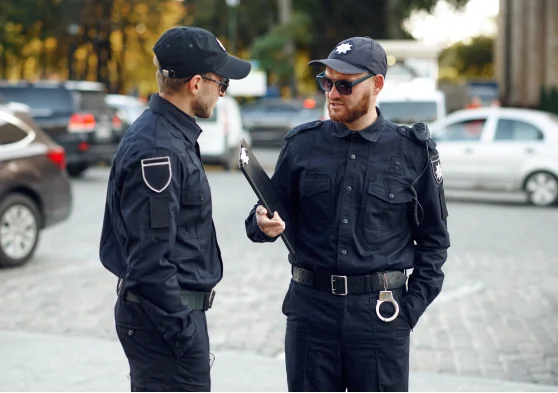
Why Security in NY Health Care Facilities Is Essential

- High-Volume, High-Stress Environments
- ERs, clinics, and trauma centers serve thousands daily, many in crisis or under duress.
- Tensions can lead to verbal abuse, physical assaults, or psychiatric emergencies.
- Sensitive and Controlled Materials
- Hospitals store narcotics, personal health information (PHI), and high-value medical equipment.
- Patient & Staff Safety
- Violence against health care workers has increased nationally, including in NY.
- Patients with psychiatric conditions or dementia may try to leave unsafely (elopement).
- Regulatory Compliance
- Security practices must align with HIPAA, OSHA, Joint Commission, and DOH guidelines.
- High-Profile Targets
- NYC hospitals (e.g., NYU Langone, Mount Sinai) are high-visibility institutions vulnerable to protest, active shooter threats, or civil unrest.
Core Security Measures for Hospitals & Health Facilities in NY
- Trained Health Care Security Personnel
- Licensed Security Officers trained in:
- Crisis intervention and de-escalation
- Behavioral health protocols
- CPR, AED, and First Aid
- Post Assignments: Lobbies, ERs, maternity wards, behavioral health units, and loading docks.
- Licensed Security Officers trained in:
- Access Control Systems
- Badge Access for Staff: Different clearance levels for nurses, doctors, contractors, and vendors.
- Visitor Management Systems:
- ID checks
- Digital sign-in
- Wristbands or badges
- Lockdown Capabilities: Instant lockdowns in case of active shooter or threat.
- Surveillance Systems
- CCTV in Public Areas: Entrances, corridors, pharmacies, loading zones.
- Privacy Zones: No cameras in patient rooms or areas where PHI is handled.
- Real-Time Monitoring: On-site or remote security operation centers (SOCs).
- Emergency Response & Mass Notification
- Duress Alarms & Panic Buttons: At nurse stations, registration desks, and pharmacy counters.
- Mass Notification Systems: Text, PA, and email alerts for lockdowns, evacuations, or drills.
- Code-Based Response Protocols:
- Code Blue: Cardiac Arrest
- Code Silver: Weapon/Active Shooter
- Code Pink: Infant Abduction
- Controlled Substance Security
- Double-Locked Storage & Chain of Custody Logs
- Video Surveillance of Med Rooms & Narcotic Storage
- Pharmacy Entry Restrictions: Only licensed staff allowed access.
- Mental & Behavioral Health Security
- Special Observation Units: With anti-ligature design and secure egress.
- Dedicated Mental Health Security Teams
- Safe Restraint Training: In compliance with patient rights and federal law.
- Elopement & Infant Abduction Prevention
- Wander Management Systems: Track patients with RFID or tags (e.g., Alzheimer’s units).
- Infant Protection Systems (e.g., Hugs® or Cuddles®): Alert staff if a baby is moved improperly.
- Access Control in Maternity Wards
- Parking Lot & Perimeter Security
- License Plate Readers (LPRs)
- Patrolling Officers or Vehicles
- Emergency Phones and Well-Lit Paths
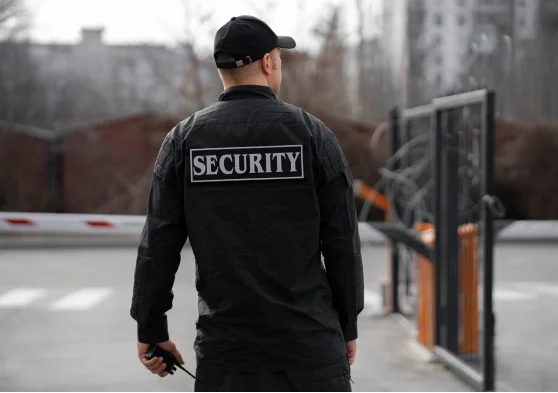
Types of Facilities Requiring Tailored Security in NY

- Public & Private Hospitals (e.g., NYC Health + Hospitals, Mount Sinai, Northwell)
- Urgent Care Centers & Emergency Clinics
- Outpatient Surgery Centers
- Mental Health & Behavioral Clinics
- Rehabilitation & Long-Term Care Facilities
- Nursing Homes & Assisted Living Centers
- Veterans’ Medical Centers (e.g., VA Bronx)
- Specialty Clinics (e.g., dialysis, cancer, fertility)
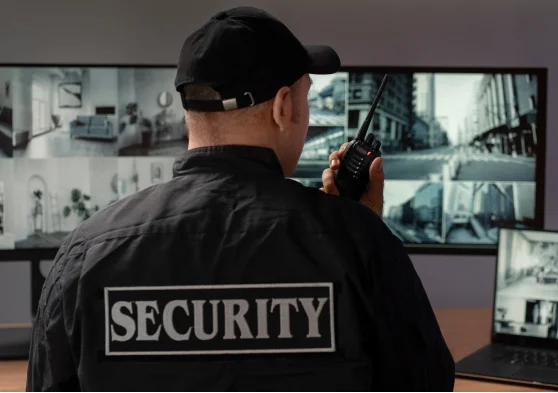
Benefits of Professional Health Care Security

Benefit Outcome
- Violence Prevention Protects staff and patients from assault or disturbance
- Emergency Readiness Faster response to active threats, fire, or evacuation
- HIPAA & Regulatory Compliance Prevents unauthorized access to PHI and medications
- Loss Prevention Protects controlled substances, devices, and mobile tech
- Public Trust & Reputation Enhances patient confidence and visitor experience
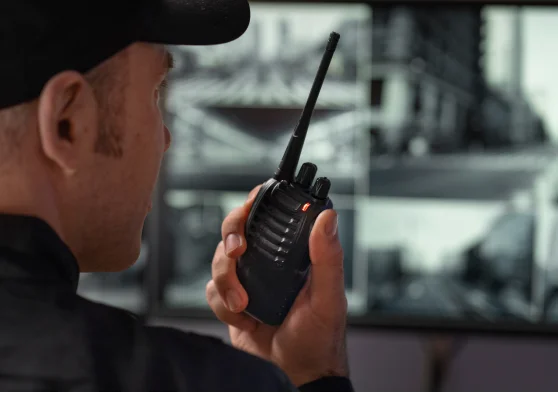
Challenges Unique to NY Health Facilities

- ER Overcrowding: Leads to higher risk of aggression or confusion.
- Behavioral Health Demand: High volume of psychiatric patients, especially in urban hospitals.
- Urban Crime & Homelessness: Can spill over into lobbies, parking lots, or waiting areas.
- Diverse Populations: Language and cultural barriers may impact conflict resolution.
- Unionized Workforces: Security policies must align with labor agreements (e.g., SEIU 1199).
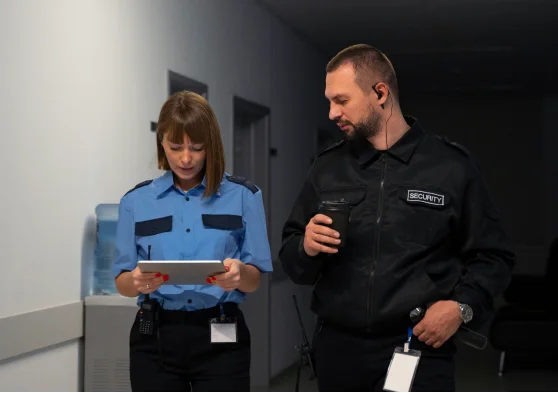
Conclusion

In New York, hospital and health care security is about far more than preventing theft—it’s about saving lives, protecting caregivers, and maintaining operational integrity 24/7. A strong, well-trained security presence paired with technology and compliance is the key to safe, trusted medical environments.
